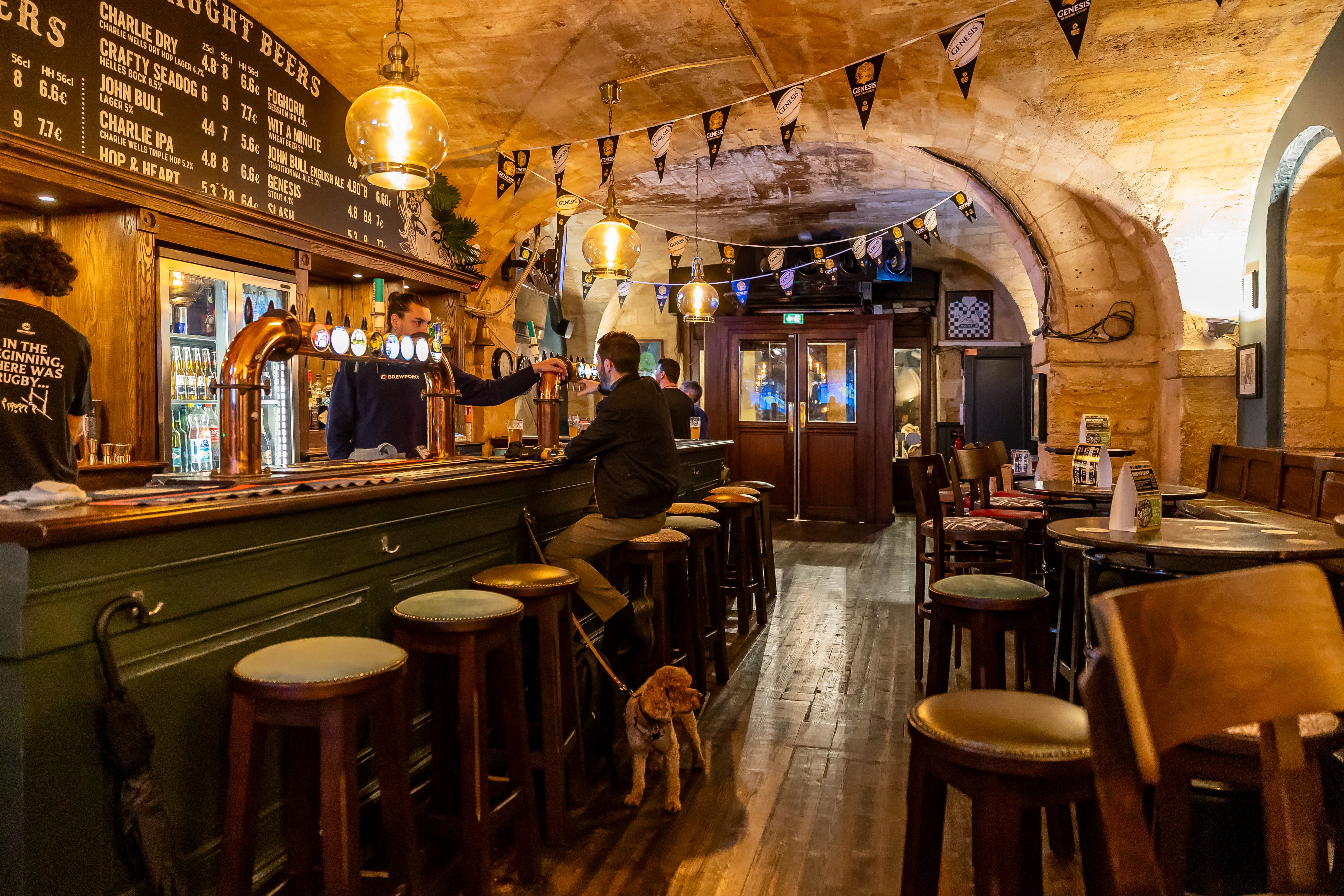The pub, which lent its name to the nearby underground station, was originally built in the 1830s and was modelled in the style of a Swiss chalet.
The site had previously been temporarily closed throughout January 2024 for maintenance work, although it is reported that the owners of the site, Samuel Smith, has now decided to permanently close the pub, however, a specific reason for the closure has not been provided.
It is also reported that lamp posts situated near the site have been removed, however, the reason for their removals are currently unclear.
Concerns over Samuel Smith
Previously reported data suggests that over 100 Samuel Smith’s pubs and clubs have now closed their doors. This is about half of its total estate, this closure rate is also documented as higher than other similar chains.
Campaign for Real Ale (CAMRA) chairman Ash Corbett-Collins has raised his concerns about how Samuel Smith is and has been running its pub estate.
Corbett-Collins said he believed pubgoers are owed an explanation as to why Ye Old Swiss Cottage and similar sites like it have closed their doors.
Chance to buy
He stated: “The loyal punters that go to Samuel Smith’s pubs deserve to know why Ye Old Swiss Cottage and scores before them have been shuttered.”
It is reported that Ye Old Swiss Cottage is not a listed building or an asset of community value (ACV), which may also affect any potential attempts to save it."
Corbett-Collins added: “It’s vital that Sam Smith’s offer the current managers, or the local community, a chance to buy the pub if they are not going to reopen it.”
The Morning Advertiser has attempted to contact Samuel Smith and had not received a reply at the time of publication.





